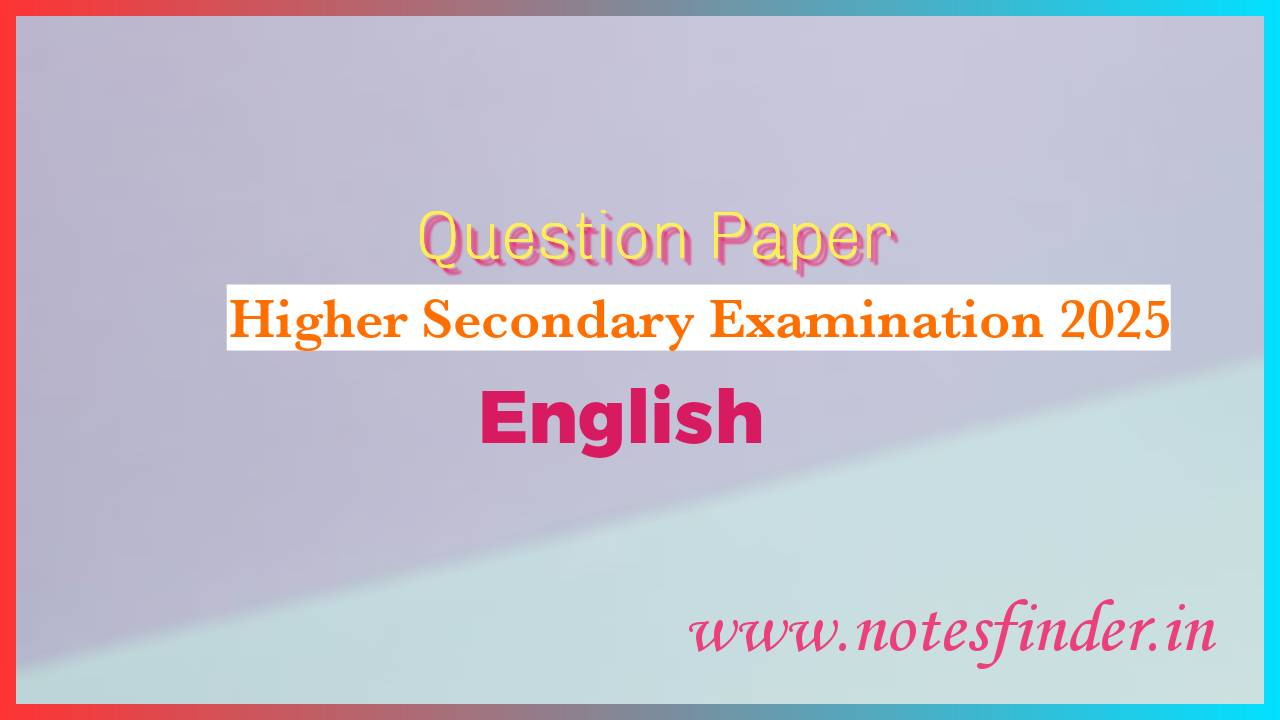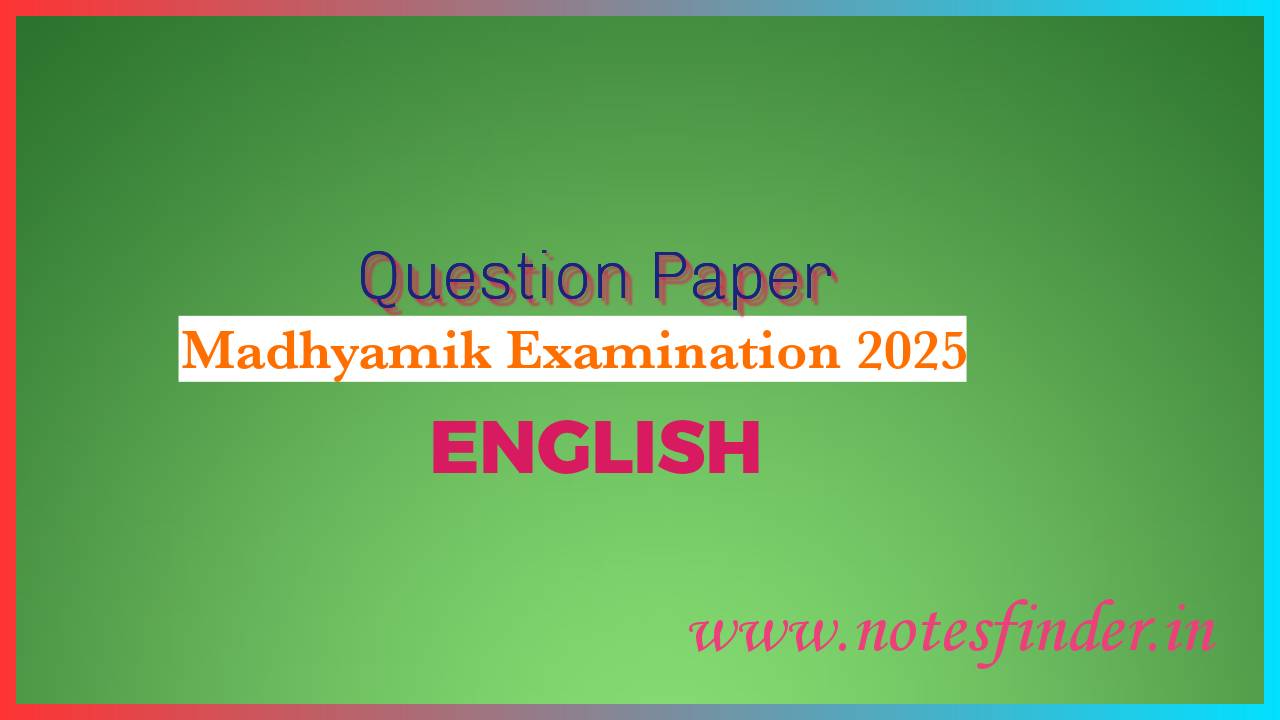Aung San Suu Kyi, born on 19 June 1945 in Rangoon, is a pro-democracy activist and leader of the National League for Democracy in Burma. She won the Rafto Prize and the Sakharov Prize for Freedom of Thought in 1990 and the Nobel Peace Prize in 1991. The Acceptance Speech, given here was delivered on behalf of Aung San Suu Kyi by her son Alexander Aris, on the occasion of the award of the Nobel Peace Prize in Oslo, December 10, 1991.
Your Majesties, Your Excellencies, Ladies and Gentlemen,
I stand before you here today to accept on behalf of my mother, Aung San Suu Kyi, this greatest of prizes, the Nobel Prize for Peace. Because circumstances do not permit my mother to be here in person, I will do my best to convey the sentiments I believe she would express.
Firstly, I know that she would begin by saying that she accepts the Nobel Prize for Peace not in her own name but in the name of all the people of Burma. She would say that this prize belongs not to her but to all those men, women and children who, even as I speak, continue to sacrifice their well being, their freedom and their lives in pursuit of a democratic Burma. Theirs is the prize and theirs will be the eventual victory in Burma’s long struggle for peace, freedom and democracy.
Speaking as her son, however, I would add that I personally believe that by her own dedication and personal sacrifice she has come to be a worthy symbol through whom the plight of all the people of Burma may be recognized. And no one must underestimate that plight. The plight of those in the countryside and towns, living in poverty and destitution, those in prison, battered and tortured; the plight of the young people, the hope of Burma, dying of malaria in the jungles to which they have fled; that of the Buddhist monks, beaten and dishonored. Nor should we forget the many senior and highly respected leaders besides my mother who are all incarcerated. It is on their behalf that I thank you, from my heart, for this supreme honor. The Burmese people can today hold their heads a little higher in the knowledge that in this far distant land their suffering has been heard and heeded.
We must also remember that the lonely struggle taking place in a heavily guarded compound in Rangoon is part of the much larger struggle, worldwide, for the emancipation of the human spirit from political tyranny and psychological subjection. The Prize, I feel sure, is also intended to honor all those engaged in this struggle wherever they may be. It is not without reason that today’s events in Oslo fall on the International Human Rights Day, celebrated throughout the world.
Let it never be said by future generations that indifference, cynicism or selfishness made us fail to live up to the ideals of humanism which the Nobel Peace Prize encapsulates.
Let the strivings of us all, prove Martin Luther King Jr. to have been correct when he said that humanity can no longer be tragically bound to the starless midnight of racism and war.
Let the efforts of us all, prove that he was not a mere dreamer when he spoke of the beauty of genuine brotherhood and peace being more precious than diamonds or silver or gold.
Let a new age dawn!
Thank you.
PANORAMA ENGLISH BOOK PART 2 CLASS 10 PROSE
Chapter 1 The Pace for Living
Chapter 2 Me and The Ecology Bit
Chapter 3 Gillu
Chapter 4 What is Wrong with Indian Film
Chapter 5 Acceptance Speech
Chapter 6 Once Upon A Time
Chapter 7 The Unity of Indian Culture
Chapter 8 Little Girl Wiser Than Man
PANORAMA ENGLISH BOOK PART 2 CLASS 10 POETRY
Chapter 1 God Made The Country
Chapter 2 Ode On Solitude
Chapter 3 Polythene Bag
Chapter 4 Thinner Than a Crescent
Chapter 5 The Empty Heart
Chapter 6 Koel (The Black Cuckoo)
Chapter 7 The Sleeping Porter
Chapter 8 Martha
PANORAMA ENGLISH READER PART 2 CLASS 10TH SOLUTIONS BIHAR BOARD
Chapter 1 January Night
Chapter 2 Allergy
Chapter 3 The Bet
Chapter 4 Quality
Chapter 5 Sun and Moon
Chapter 6 Two Horizons
Chapter 7 Love Defiled
BIHAR BOARD CLASS 10TH ENGLISH WRITING
Unseen Passage for Comprehension Literary
Unseen Passage for Comprehension Factual
Letter Writing
Essay Writing
Paragraph Writing
Short Writing
Notice Writing
BIHAR BOARD CLASS 10TH ENGLISH GRAMMAR
Tenses
Modal Auxiliaries
Active and Passive Voice
Clauses
Narration Direct and Indirect Speech
Prepositions
Subject-Verb Concord
Determiners
Idioms and Phrases
Translation



